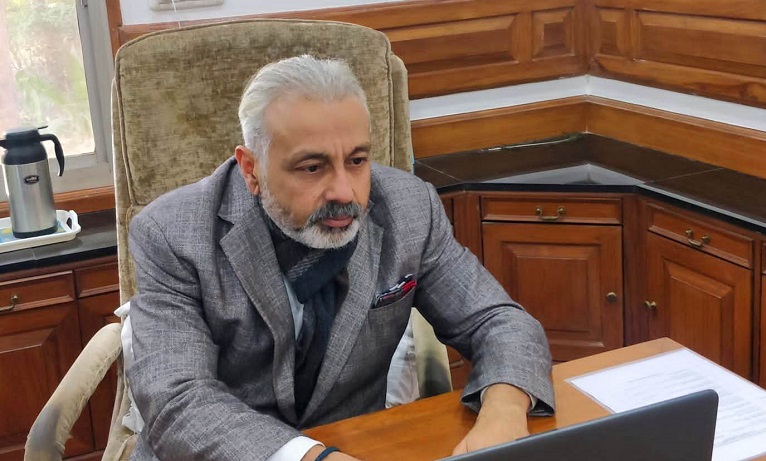Threat or Tool- What is ChatGPTs Role in Education?
Colleges and universities are at crossroads, dealing with declining enrollments, rising costs, the growing popularity of alternative educational options, and a dwindling perceived value of a degree. If you believe the hype, the latest threat is ChatGPT, an AI-powered chatbot from Silicon Valley startup OpenAI.
ChatGPT, which was recently released by the company OpenAI, generates text and can even write essays. The chatbot’s artificial intelligence, or AI, has already been reported as a coauthor on four papers and preprints. What does this mean for education’s future? How can universities best address the problems that ChatGPT, or “Chat Generative Pre-trained Transformer,” poses? Could the bot help with education? Is there any benefit to using it in the classroom?
While some see it as a tool to improve learning and reduce teacher workload, others see it as a threat to academic integrity that allows for cheating and plagiarism. “It will be as transformative for educators as Google was in 1998, necessitating a serious discussion about the benefits, challenges, and implications for schools and learners. It will have an indelible impact on the future. Educators must begin to engage with it in a meaningful way. ChatGPT, in my opinion, is a tremendously powerful assistive technology. It’s transformative for creating text and throwing ideas around. Most communication innovations in the past have attempted to improve the exchange of meaning and avoid misunderstanding. In many ways, education is also concerned with this. I’d encourage educators to consider what ChatGPT can and cannot do from that perspective,” says Anoop Singh Bishnoi, Chairman of The Doon School, Dehradun.
It Is critical to emphasize that its primary value is in transforming the structure and form of text while maintaining and stabilizing meaning. Educators should be aware of this and emphasize its limitations as a source of information. There is undoubtedly a regulatory issue, and we must be mindful of the need for universities and schools to safeguard academic and educational integrity. The issue is that in our efforts to maintain integrity, we may become unresponsive to change that is unavoidable as technology is widely adopted. If we over-regulate ChatGPT, the gap will widen, rendering the institutional position obsolete. The important thing to remember is that we cannot simply import this technology and expect it to function. We require an iterative design, development, and research process. There will be many people, particularly students, who are far ahead of the game. If we can harness that dynamism by bringing groups of people together to collaborate and test it, the guidelines and structures that we need to put in place around the technology will begin to emerge.
“This type of innovation is always a double-edged sword: we can’t simply dismiss it as heralding the arrival of a new utopia. Although the prospect of something acting as a source of ultimate intelligence and informational knowledge is appealing, this is not a reliable, independent source of information. The human operator cannot be removed from ChatGPT. The challenge for educators is to investigate its capabilities and limitations and adapt it to their needs,” adds Anoop.




Comments
Post a Comment